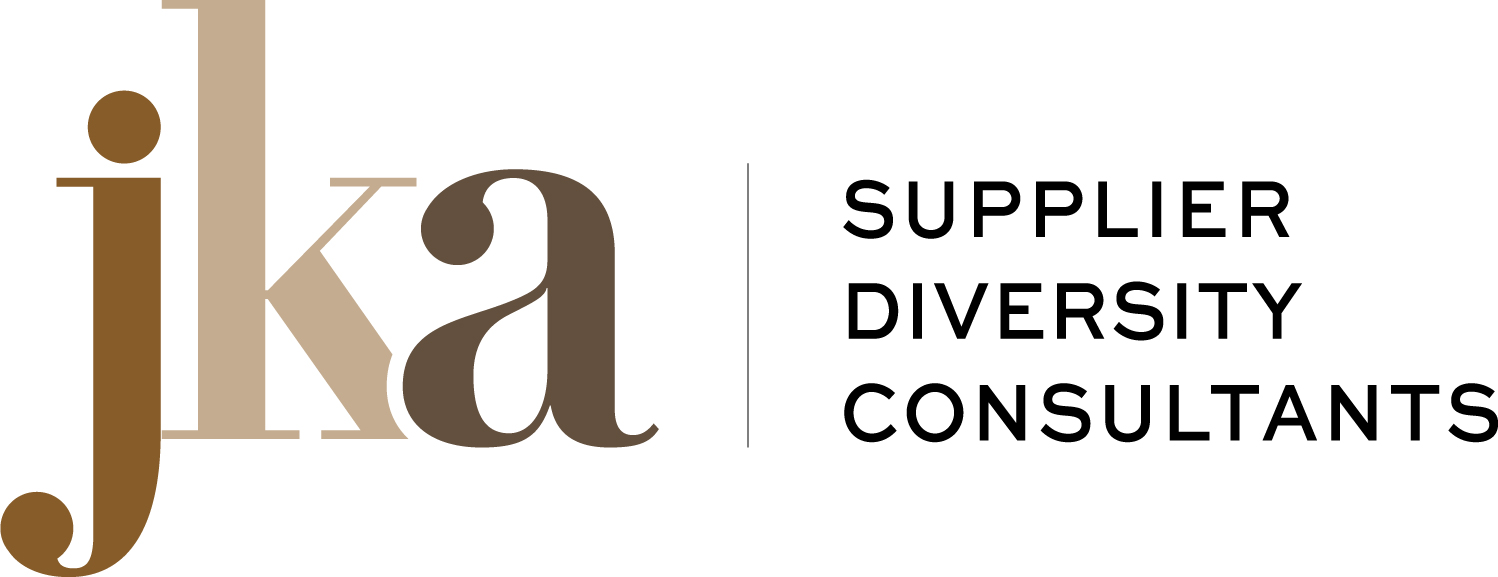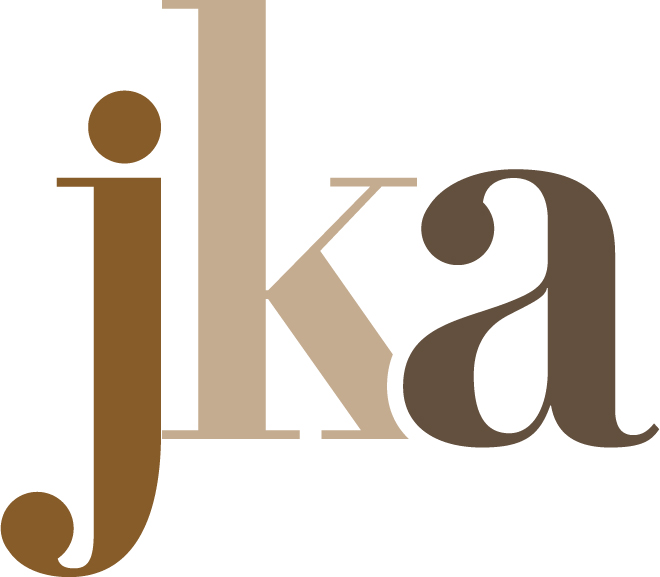For Minority- and Women-Owned Business Enterprises (MWBEs), securing government contracts in New York City requires more than just hard work—it demands smart planning and effective tools. Checkbook NYC is one of those tools, offering real-time insights into how the city spends its money. While it doesn’t provide project details or subcontractor-specific data, it’s a powerful resource for understanding where opportunities exist and which agencies or vendors might align with your business goals.
I’ve used Checkbook NYC to help me prepare for everything from procurement fairs to targeted outreach, and I’ve learned how valuable this platform can be for strategic decision-making. Here’s how you can use it to grow your business.
Start with Market Research
When it comes to government contracting, market research is essential. Knowing which agencies are spending money in your industry and which vendors are actively engaged in contracts gives you a roadmap for where to focus your efforts.
Here’s how to use Checkbook NYC for market research:
- Identify High-Spending Agencies: Look at agencies that consistently allocate funds to your industry. For example, if you’re in construction, agencies like the Department of Transportation and the Department of Design and Construction are key players. If you’re in professional services, consider agencies like DCAS (Department of Citywide Administrative Services).
- Analyze Vendor Payments: Search for payments made by city agencies to vendors in your field. This lets you see who’s actively working on city contracts, giving you insight into potential partners (or competitors).
- Track Patterns in Spending: By reviewing historical payment data, you can identify recurring contracts or services. Knowing when these contracts are typically renewed gives you an advantage in planning your bids.
Assess Payment Histories
One of the most valuable features of Checkbook NYC is the ability to review payment histories. While you can’t see how primes pay their subcontractors, you can track payments made directly from agencies to primes. This is important because it gives you insight into:
- Agency Reliability: Agencies with consistent, timely payments are better partners for MWBEs, especially if you’re concerned about cash flow.
- Prime Contractor Trends: If you’re considering subcontracting with a prime, check their payment history with city agencies. If payments are irregular, it could indicate challenges in cash flow down the line.
For example, let’s say you’re evaluating a prime contractor to partner with. By using Checkbook NYC, you notice that an agency they work with has a pattern of delayed payments. That information can help you prepare financially or rethink your strategy.
Targeting Contracts and Building Relationships
Beyond tracking payments, Checkbook NYC can help you identify opportunities to connect with agencies and primes actively engaged in your industry:
- Find Active Contracts: Look for vendors currently working on city projects and consider approaching them for subcontracting opportunities.
- Align with MWBE Goals: Agencies often have MWBE participation goals, and primes are required to meet them. Use Checkbook NYC to prioritize agencies that are spending heavily and primes that may need diverse suppliers to fulfill their commitments.
Preparing for Procurement Fairs and Outreach
Checkbook NYC is also an excellent tool for preparing to attend procurement fairs or networking events. Before you go, use the platform to:
- Identify Key Agencies and Primes: Focus your efforts on connecting with agencies or vendors whose spending aligns with your business offerings.
- Bring Data to the Table: Use insights from Checkbook NYC to demonstrate your understanding of their priorities and how your business can add value. For example, if an agency is investing heavily in professional services, tailor your pitch to highlight your specific expertise in that area.
- Prepare for Follow-Up: Make a list of contacts you plan to meet and ensure your capability statements and marketing materials reflect their needs.
Tips for Using Checkbook NYC Effectively
To get the most out of this platform, I recommend:
- Be Specific in Your Searches: Use vendor names, agency filters, and keywords to refine your results.
- Analyze Payment Trends: Look for patterns in payments and contract values to anticipate opportunities.
- Combine with Other Resources: Pair Checkbook NYC data with tools like PASSPort and MWBE directories to create a full picture of the procurement landscape.
- Focus on Relationships: The platform provides information, but building relationships with agencies and primes is key to turning data into opportunities.
Final Thoughts
Checkbook NYC is not just a transparency tool—it’s a resource you can use to strategically plan your next steps as an MWBE. By researching agency spending, evaluating prime contractors, and identifying opportunities, you can position your business for success in the city’s competitive procurement landscape.
What I’ve learned over the years is that preparation is everything. Tools like Checkbook NYC allow you to walk into procurement fairs, meetings, or bidding opportunities armed with the knowledge you need to make smart, strategic decisions. It’s not just about being in the room—it’s about knowing how to make the most of it when you get there. Click here to register for our Utilizing Checkbook NYC for Procurement Opportunities Workshop!





